Preamble: laws work for the most part. The idea that a law shouldn’t be passed because a highly motivated criminal will break it anyway is totally the wrong way to think about laws. A law creates FRICTION, reducing the likelihood of certain behaviour. Laws are there to increase the barrier for activities we as a society believe are counter-productive. Owning a military weapon designed to kill people should be more strictly controlled then a hunting rifle or a handgun for self-protection. There is some flawed logic circulating around gun laws and so with the recent rise in shootings, I wanted to mention my favourite bad arguments in the gun debate to illustrate my point that laws work to make access more difficult… it’s about friction, stupid!
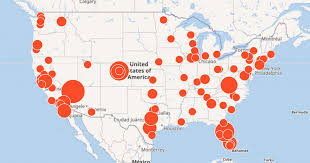
Even if we have more restrictive gun control, you will have mass shootings therefore no point in gun control: awful argument. It’s true that you cannot prevent a specific mass murderer but you can prevent them from having access to the most lethal force. Any law that reduces access to guns is going to have a reductive effect; again we are speaking correlative-ly here. Laws are friction for people who are on the fence of committing a crime; we want to keep them on the right side of that fence. Many people have no interest in guns and so restrictive access doesn’t effect them. Others have their careers in selling guns. Laws aren’t about keeping the most motivated away from gun use. People break the law all the time. Laws are about making the barrier to access higher. Making access much harder through tougher laws reduces the likelihood of events that would have otherwise happened. So states about “black markets emerge anyway” while true, doesn’t mean gun laws do not decrease the likelihood of shootings. Friction reduces likelihood of violence.
Examples where a barrier reduces crime: gated communities have lower crime rates even though they are only slightly more difficult to get into…..
 Chicago has the toughest gun laws and yet the most shootings, therefore no point having gun control: terrible argument. Of course, you know the situation in Chicago is very unique and there is no comparable city; there is no A/B test either. There are so many variables at play in Chicago that would intervene in determining whether the gun law is effective or not. You would literally need a parallel universe to argue that the gun laws do not work because Chicago has the most shootings AND they have the most stringent laws. You could have correlative evidence to show the law is effective or not, but it’s so hard if not impossible to conduct the test to show a policy win between two Chicago-s, one with and one without the toughest gun laws in the US. Both sides can claim victory without realizing the above point: the pro-NRA stance would say; see gun control doesn’t work; and the anti-gun lobby would say: it would be much worse without the current laws…
Chicago has the toughest gun laws and yet the most shootings, therefore no point having gun control: terrible argument. Of course, you know the situation in Chicago is very unique and there is no comparable city; there is no A/B test either. There are so many variables at play in Chicago that would intervene in determining whether the gun law is effective or not. You would literally need a parallel universe to argue that the gun laws do not work because Chicago has the most shootings AND they have the most stringent laws. You could have correlative evidence to show the law is effective or not, but it’s so hard if not impossible to conduct the test to show a policy win between two Chicago-s, one with and one without the toughest gun laws in the US. Both sides can claim victory without realizing the above point: the pro-NRA stance would say; see gun control doesn’t work; and the anti-gun lobby would say: it would be much worse without the current laws…

Only full confiscation will solve the problem, only then can everyone be safe: weak argument. This argument is used to justify the current state of 350 million guns in the US, it’s an all-or-nothing argument. The goal is to get the listener to lift up their hands and say “nothing we can do about gun violence.” The argument basically lays out why you can’t have any significant gun control because confiscation effects only the law abiding citizens. The fact is that if you confiscated the deadliest tier of fire arms, which would entail forcing law abiding citizens to give up their guns, through an Australian style buy back scheme, you would likely have a reduction in gun crime. The threshold for a mass murder would be much higher because access would more difficult. Those caught with guns in their possession would be prosecuted: i.e. criminals with guns. We’re assuming police will continue to have firearms after all if by definition only those who illegally posses fire arms have fire arms then they would run around attacking society knowing a deduced deterrent was present. The logistics are expensive for a buy-back scheme. Obviously a buy back scheme would be extremely expensive. But this argument that it’s either status quo or full confiscation and since full confiscation isn’t possible given the black market, the arguer is justifying the way things are now, and that’s a weak argument because reduced access will reduce incidents of violent crime.
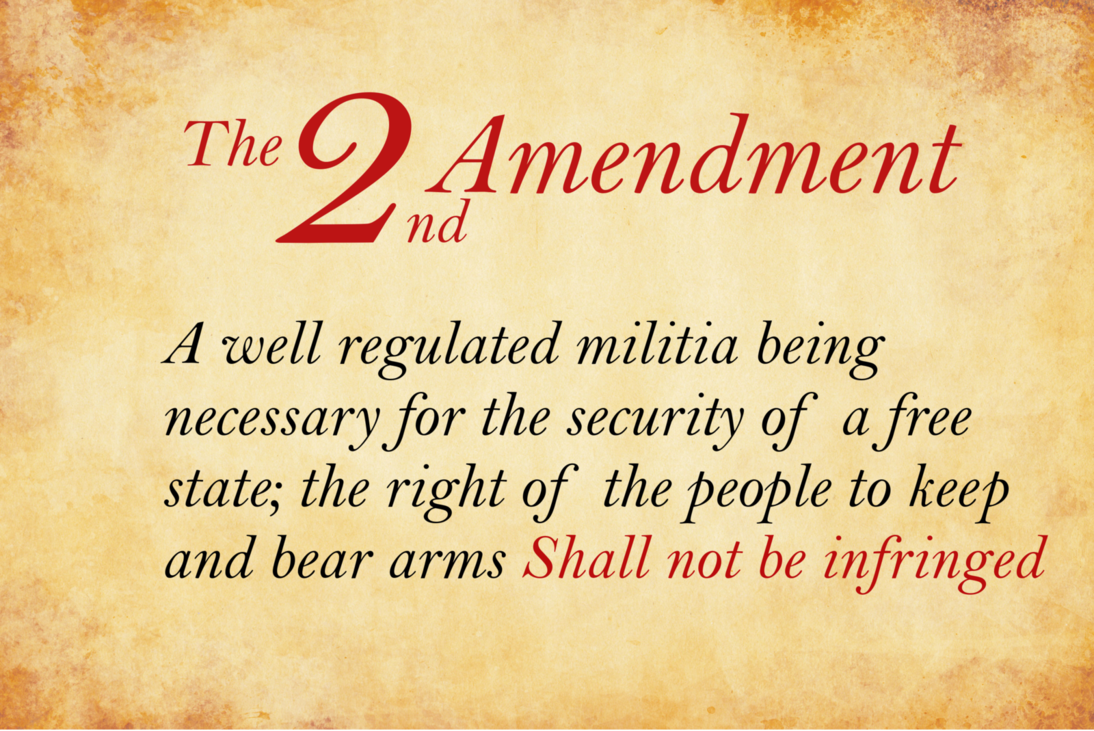
It’s in the US constitution, therefore we need this right: also weak argument. The constitution is meant to be principals for US society, but there are amendments possible for the constitution. The reason behind this gun policy from the founding father’s was that they wanted to be able to have a militia to over throw a dictator president. Seems impacted by recency bias, i,e. the war of independence, but there is a case for factions to violently over throw the US government. Doesn’t seem too plausible, but on a wedge issue unknown to us now, there is a case for rising up against a central government.
So having better laws will reduce violent crime. What’s interesting is that having a precision based model would help reduce the angst around gun laws. If the government were to track your behaviour and give you a score, like a credit rating, then different people should have different thresholds for access. China appears to be trying to do that. Can’t just assume that having a better relationship between you and your government is bad. You have to register taxes so can that same approach help save lives? Explore the idea before you shoot it down!
 Beta Measures: describes the risk of a stock. A beta of 1 implies that the stock, on average, tracks the market perfectly. If the market goes up 5% so does the stock. Beta 1.5 would mean the stock goes up 7.5% or if the market goes down, the stock goes down by -7.5%. Therefore, a low beta stock is less volatile than the market. So starting your own company is high-beta, and working in a consultancy is low-beta.
Beta Measures: describes the risk of a stock. A beta of 1 implies that the stock, on average, tracks the market perfectly. If the market goes up 5% so does the stock. Beta 1.5 would mean the stock goes up 7.5% or if the market goes down, the stock goes down by -7.5%. Therefore, a low beta stock is less volatile than the market. So starting your own company is high-beta, and working in a consultancy is low-beta. How To Think In Consultancies: you need to reach big conclusions from a handful of numbers. You have tylenol sales from one store, and the number of people who use the store, then the number of (as a percentage) people who live in the area, then apply it nationally. And you gross the sales at that original store to get a national estimate of Tylenol sales. That’s how you have to think in a consultancy.
How To Think In Consultancies: you need to reach big conclusions from a handful of numbers. You have tylenol sales from one store, and the number of people who use the store, then the number of (as a percentage) people who live in the area, then apply it nationally. And you gross the sales at that original store to get a national estimate of Tylenol sales. That’s how you have to think in a consultancy.

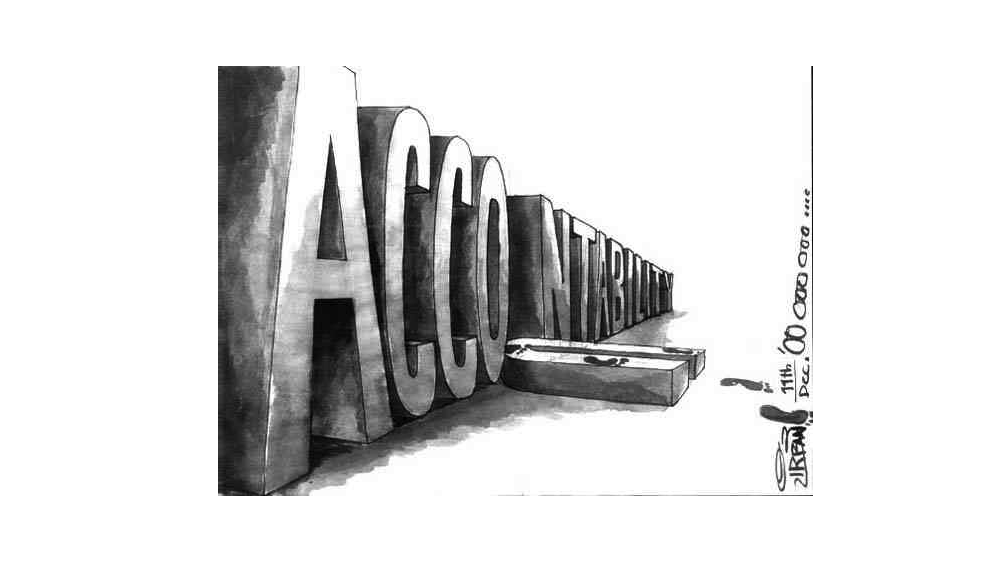
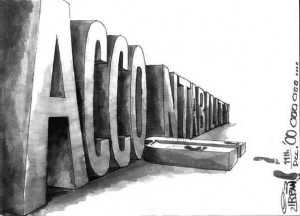


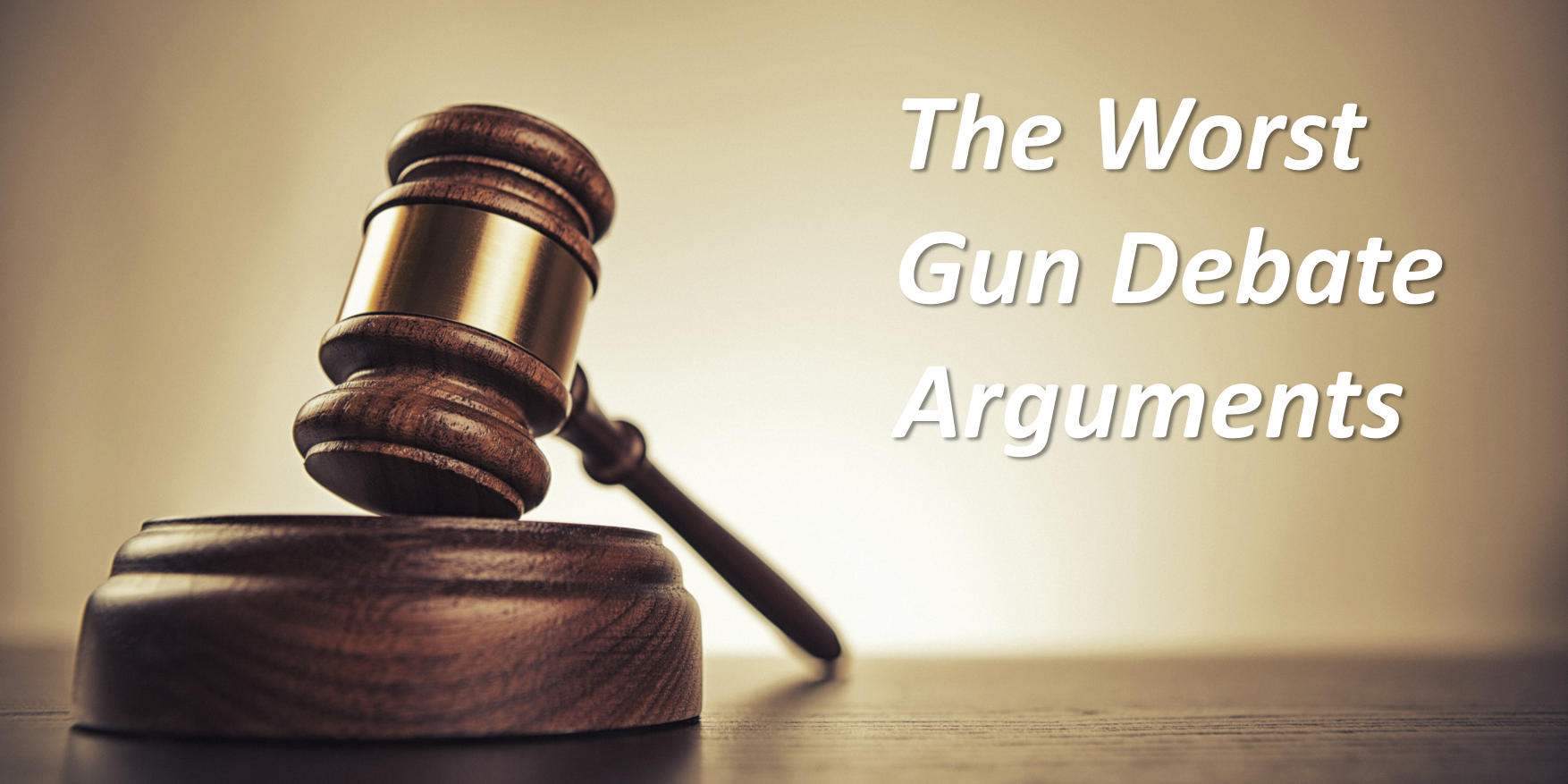

 Chicago has the toughest gun laws and yet the most shootings, therefore no point having gun control: terrible argument. Of course, you know the situation in Chicago is very unique and there is no comparable city; there is no A/B test either. There are so many variables at play in Chicago that would intervene in determining whether the gun law is effective or not. You would literally need a parallel universe to argue that the gun laws do not work because Chicago has the most shootings AND they have the most stringent laws. You could have correlative evidence to show the law is effective or not, but it’s so hard if not impossible to conduct the test to show a policy win between two Chicago-s, one with and one without the toughest gun laws in the US. Both sides can claim victory without realizing the above point: the pro-NRA stance would say; see gun control doesn’t work; and the anti-gun lobby would say: it would be much worse without the current laws…
Chicago has the toughest gun laws and yet the most shootings, therefore no point having gun control: terrible argument. Of course, you know the situation in Chicago is very unique and there is no comparable city; there is no A/B test either. There are so many variables at play in Chicago that would intervene in determining whether the gun law is effective or not. You would literally need a parallel universe to argue that the gun laws do not work because Chicago has the most shootings AND they have the most stringent laws. You could have correlative evidence to show the law is effective or not, but it’s so hard if not impossible to conduct the test to show a policy win between two Chicago-s, one with and one without the toughest gun laws in the US. Both sides can claim victory without realizing the above point: the pro-NRA stance would say; see gun control doesn’t work; and the anti-gun lobby would say: it would be much worse without the current laws…
